Solving the hair loss problem is like finding your way through a troublesome maze. Many treatment claims are on the market, all claiming to be the best. However, it can be hard to discover which one is shown to improve performance. If you are going bald, selecting the most appropriate procedure becomes crucial.
What is Hair Loss?
Alopecia, the loss of hair or alopecia, is a condition that causes people to have thinning hair or hair reduced in density on their heads or other body parts. Generally, it occurs on the head or any part of the individual’s body. Most factors in human hair loss involve genetic makeup, female hormones, drug dosage, specific stresses, and infections.
What Causes Hair Loss?
The causes of hair loss can be genetics, hormonal changes, diseases, and life stress.
- Genes may be the strongest factors underlying hair loss; family studies, like male pattern baldness and female pattern hair loss can be inherited.
- Hormonal fluctuations like those experienced during puberty, pregnancy, or menopause may cause hair loss.
- Thyroid diseases, alopecia areata, and scalp infections are just a few examples that may be the starting point of hair loss.
- Furthermore, mental and physical stresses accompanying ailments may also cause hair loss.
- Stress and lifestyle factors, such as bad diet, excessive styling, and harsh chemical treatments, can also weaken and fall hair strands and follicles.
Traditional Therapies for Hair Loss:
Self Treatments:
Self-treatment alternatives available may include Rogaine (Minoxidil) and Propecia (Finasteride). Minoxidil treats patients with topical applications, and Finasteride, an oral drug, blocks the hormone dihydrotestosterone (DHT), which is associated with hair loss.
Furthermore, oils, especially essential oils and herbs, are used together similarly. Topical solutions with stronger ingredients absorbed into the scalp would similarly stimulate hair regrowth.
Surgical Options:
There are surgical options, and these can offer more permanent solutions. Transplantologic operations move hair follicles from the areas of the scalp that grow well to those lacking in hair or with insufficient hair growth.
Scalp reduction is a treatment that extracts the entire balded scalp only to pull out and cover the remaining hair-bearing scalp beneath the bald area. FUE has become an outstanding, therapy-friendly hair transplant method, and it involves each graft extracted (donor area) individually into the recipient area.
Emerging Therapies for Hair Loss:
Platelet-rich Plasma (PRP):
Platelet-rich plasma (PRP) therapy uses a new approach to obtain the platelet-rich plasma from a blood sample and gives it to the scalp locally. Proteins provided by platelets are associated with the enlargement of follicles and stimulate the formation of fuller hair.
Although the study on PRP therapy for hair loss is still advancing, some studies support that this procedure can promote hair multiplication and density. Generally, these are only temporary and short-term, resulting in very little pain or swelling at the puncture site.
Low-level Laser Therapy:
The low-level laser therapy method uses a low-level infrared light, a special device that boosts the hair follicles. As a result, the scalp cells are also excited by the light to enhance circulation and cellular activity, and therefore, this might result in hair growth. Moreover, more and more clinical studies prove LLLT as an effective remedy for alopecia, with hair density and thickness being improved. At the same time, other treatments are used concomitantly too.
Stem Cell Therapy:
Stem cell therapy could be a new branch that utilizes the stem cells’ regressive ability to delight hair follicle regrowth. By differentiating their abilities, stem cells can correspond to cell types of hair follicles, hence stimulating the growth and tissue regeneration of hair follicles.
Although research on hair loss and stem cell therapy is still in development, findings from initial trials are encouraging, as cells can promote hair growth and thickness.
Cost of Hair Loss Treatment in Islamabad:
Hair loss treatment cost in Islamabad may ranges between 85,000 PKR to 400,000 PKR. However, the cost will differ in case of surgery or without surgery and by the kind of hospital or clinic. Over-the-counter treatments, prescription medications, and surgical procedures like hair transplant surgery constitute this range of options. Costing factors include the severity of hair loss, the scope of needed treatment, and the standing and experience of specialists or clinics.
Book a Consultation!
To book an appointment with Royal Cosmetic Surgery PK, call or visit the site and fill out the online form. During the consultation, you will have the chance to talk about your worries related to hair loss and explore available treatment options with medical experts.



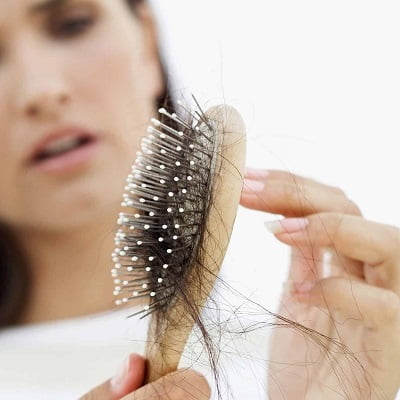
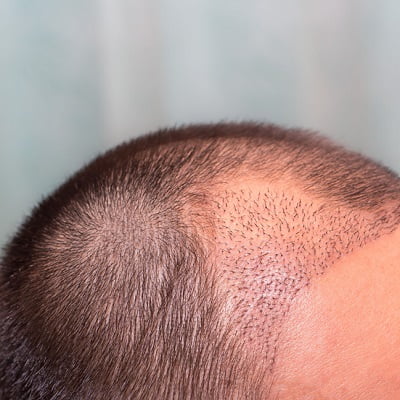






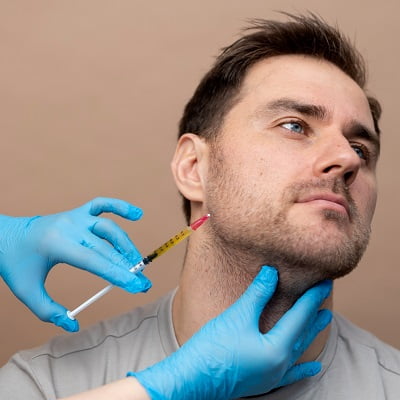

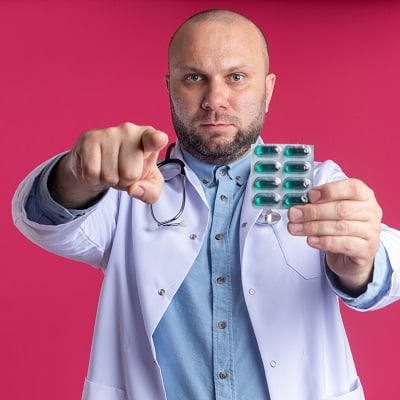

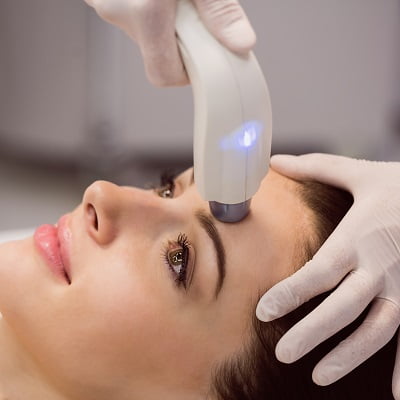

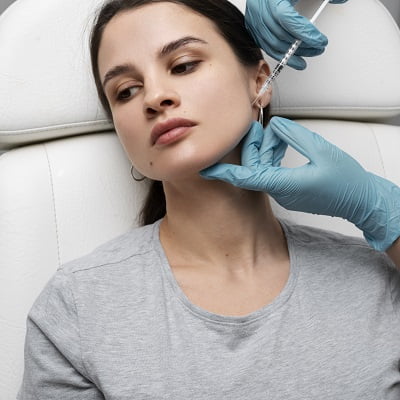
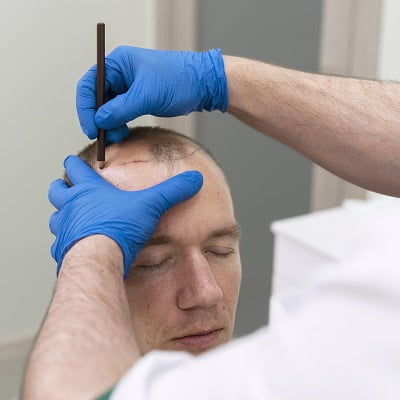
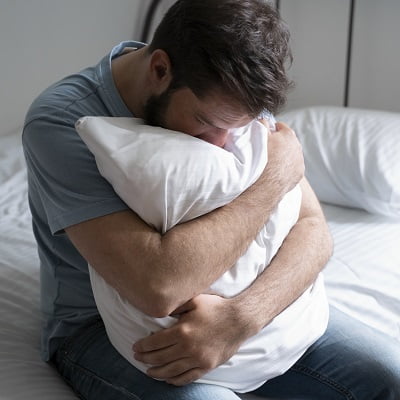
Book Appointment